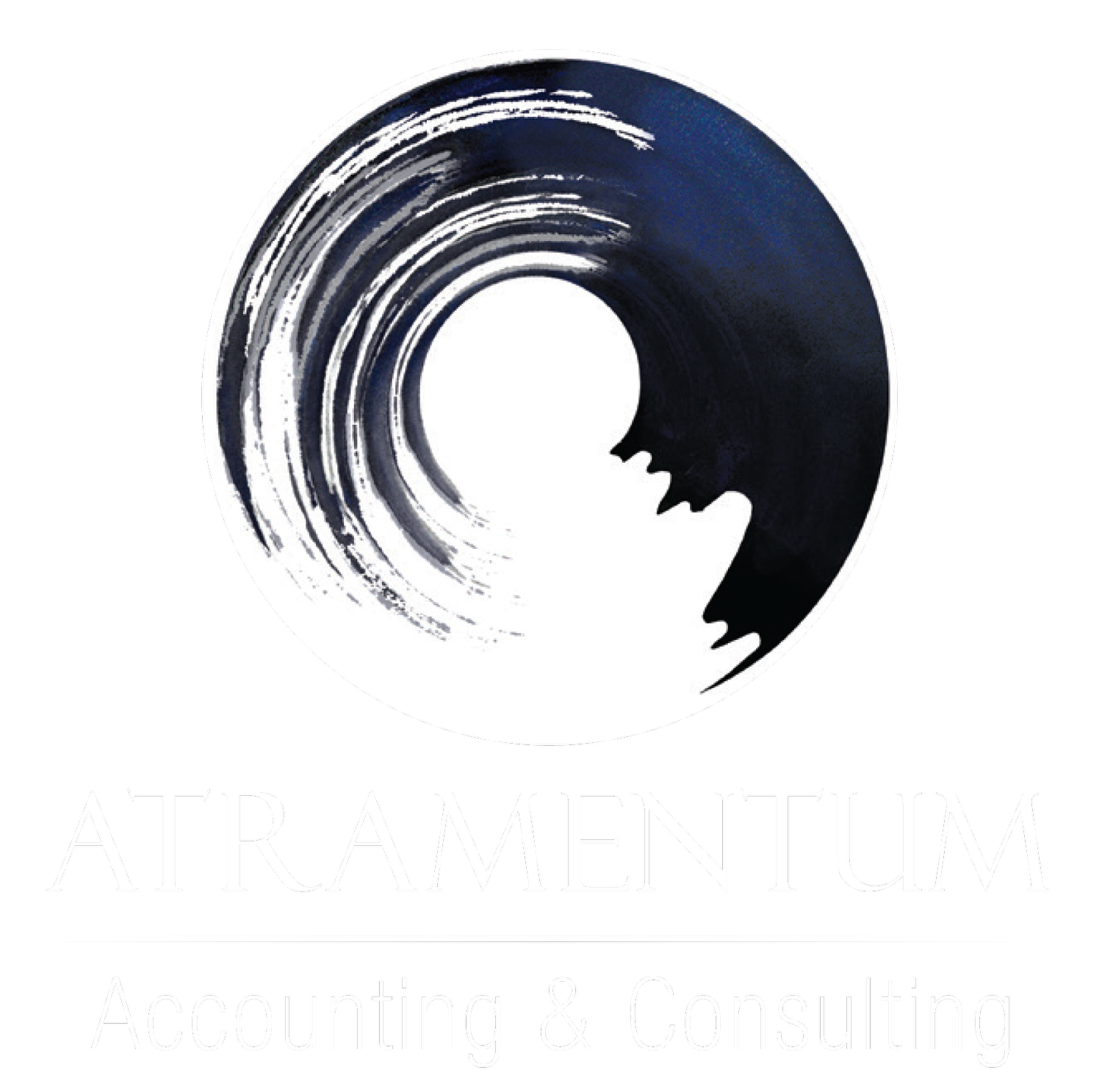Tax Deductions in Australia: Uncovering the Hidden Gems of Your Tax Return
Ah, tax time! For some, it’s the annual adventure of navigating the treacherous waters of numbers and paperwork. For others, it’s the thrilling treasure hunt of uncovering every possible deduction to minimise the dreaded tax bill.
Feeling Lost at Tax Time?
Struggling to navigate the complexities of tax deductions and compliance. But don’t worry! Atramentum Taxation is here to help.
In Australia, one of the most frequently asked questions is:
“What can I claim as a tax deduction?”
This question springs from the universal desire to keep more of our hard-earned money!
So, let’s dive into the fun and fascinating world of tax deductions and discover how you can make tax time a little less taxing and a lot more rewarding!
The Holy Grail of Tax Deductions: Work-Related Expenses
First up, we have work-related expenses.
These are the shiny nuggets everyone looks for. To claim these, you must have spent the money yourself and not been reimbursed, the expense must directly relate to earning your income, and you must have a record to prove it.
Vehicle and travel expenses: If you use your car for work (but not for commuting to and from work), you might be able to claim car expenses.
Clothing, laundry, and dry-cleaning expenses: Only claimable if it’s occupation-specific clothing, protective clothing, or a uniform.
working from home expenses: With the rise of remote work, this has become a gold mine. Think internet, phone costs, and even a portion of your electricity bill.
However, beware! The Australian Taxation Office (ATO) is scrutinising these claims like never before. They’re on the lookout for:
Double-dipping: Claiming the same expense in multiple categories or by both partners in a relationship.
Non-genuine claims: Claiming home office expenses when you’re not really working from home.
Investment Property Deductions: The Real Estate Goldmine
If you’re a savvy investor with a rental property, there’s a treasure trove of deductions waiting for you:
Interest on loans: The interest you pay on the loan you took out to purchase your rental property can be claimed.
Depreciation: The gradual wear and tear of your property and assets can be deducted.
Repairs and maintenance: Keeping your property in tip-top shape is not only good for your tenants but also for your tax return.
The ATO’s keen eye is also trained on property deductions. They’re ensuring that:
Expenses are genuinely incurred: Receipts and detailed records are a must.
Personal use is excluded: Only the portion of expenses related to income production can be claimed.
It’s savings time
Remember, every dollar you claim is a dollar saved, and those savings can add up to a significant treasure chest over time.
Self-Education Expenses: Investing in Your Future
Knowledge is power, and in this case, it’s also a powerful tax deduction.
If the course you’re taking relates directly to your current job, you’re in luck. You can claim:
Course fees
Textbooks and stationery
Travel expenses to attend classes
Be prepared to prove that your education directly enhances your job skills and is not simply a personal interest.
The Quirkier Deductions: Surprising and Specific
Beyond the usual suspects, there are some lesser-known deductions that might just surprise you:
Sun protection: If you work outdoors, you can claim sunscreen, hats, and sunglasses.
Tools and equipment: Tradies, rejoice! You can claim tools and equipment costing less than $300 outright. More expensive items can be depreciated over time.
Union fees and subscriptions: Fees to unions and subscriptions to professional associations are deductible.
The ATO’s Watchful Eye
The ATO has ramped up its efforts to ensure compliance, using sophisticated data matching and analysis techniques to identify anomalies and non-compliance.
Preparing for ATO Scrutiny
With the ATO intensifying its focus on these areas in 2024, it’s crucial for taxpayers to be vigilant and proactive. Here are some tips to ensure compliance:
1. Maintain Detailed Records: Keep all receipts, invoices, and documentation for at least five years. This includes electronic records.
2. Stay Informed: Regularly check ATO updates and guidelines to stay abreast of any changes in tax laws and reporting requirements.
3. Seek Professional Advice: Consult with a tax professional or accountant to ensure your tax return is accurate and complete.
By understanding the ATO’s focus areas and taking proactive steps to ensure compliance, taxpayers can navigate tax time with confidence and avoid the stress of an audit.
Tips to Maximise Your Tax Return
Keep Detailed Records: The Australian Taxation Office (ATO) loves receipts and records. Keep them organised throughout the year to make tax time a breeze.
Use a Reputable Tax Agent: A professional can help you uncover deductions you might not be aware of and ensure your return is accurate.
Stay Informed: Tax laws change, so it’s important to stay up-to-date or consult with someone who is.
So, there you have it!
The quest for tax deductions doesn’t have to be daunting. With a bit of knowledge and a keen eye for detail, you can turn tax time into a rewarding experience. Remember, every dollar you claim is a dollar saved, and those savings can add up to a significant treasure chest over time. Happy hunting, fellow taxpayers!
The Final Word
Use a Reputable Tax Agent
Let’s face it, tax returns can be trickier than a Rubik’s Cube blindfolded.
But fear not! At Atramentum Taxation, we’re the GOATs (Greatest of All Tax-time) at uncovering those hidden deductions and ensuring your return is spot on. So, why go it alone when you can have the pros in your corner?
Choose Atramentum Taxation and let us work our magic!



